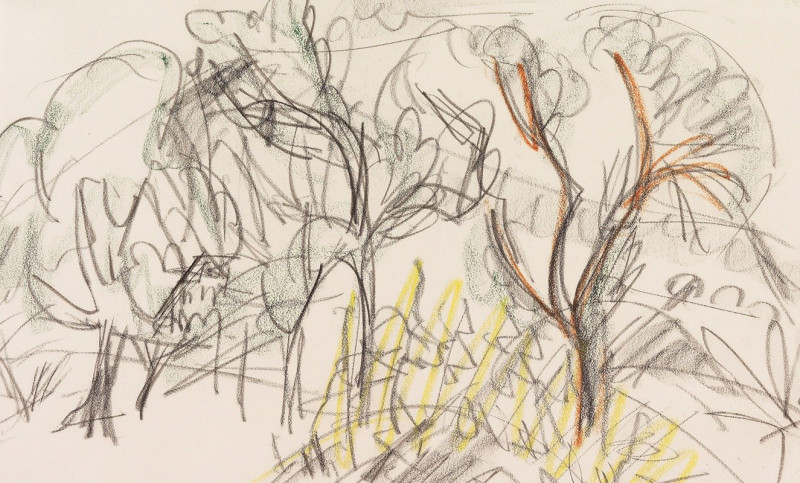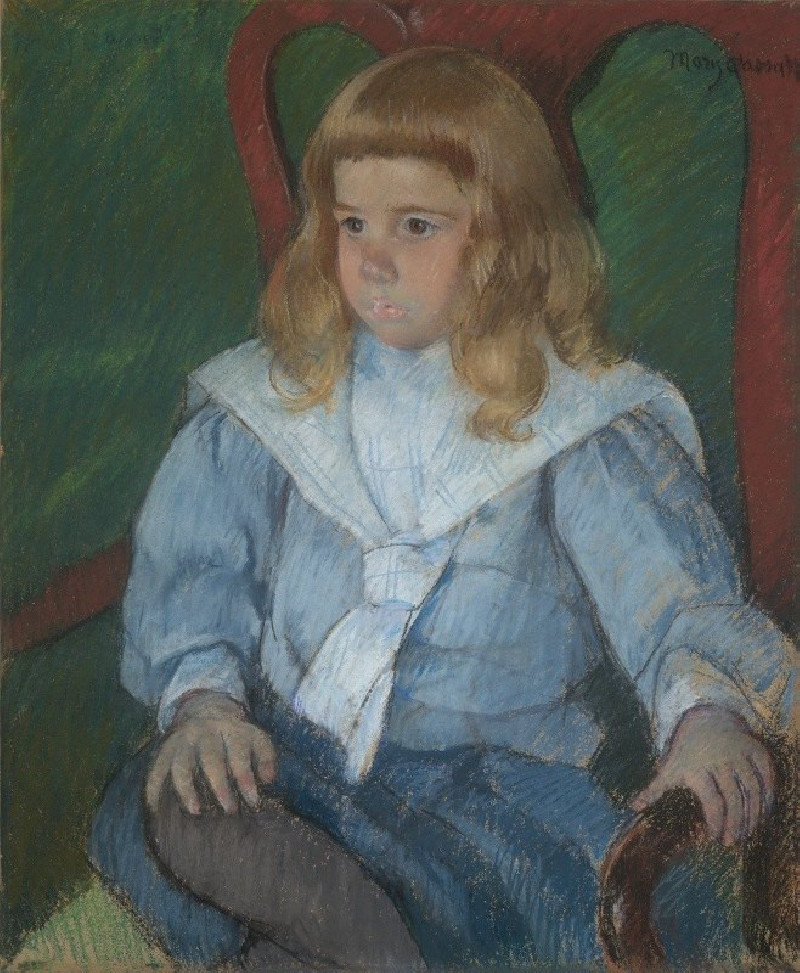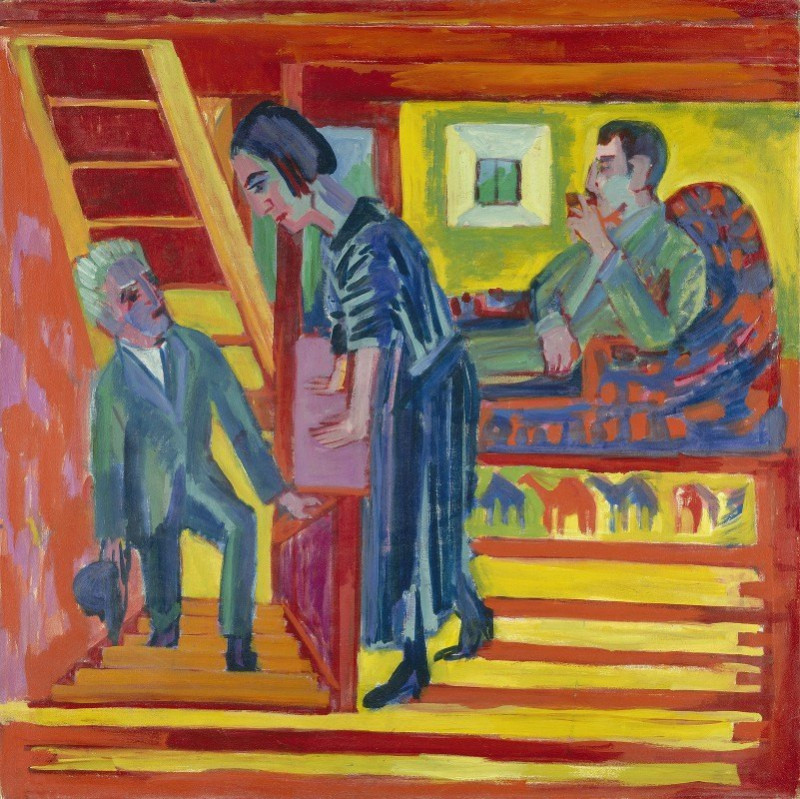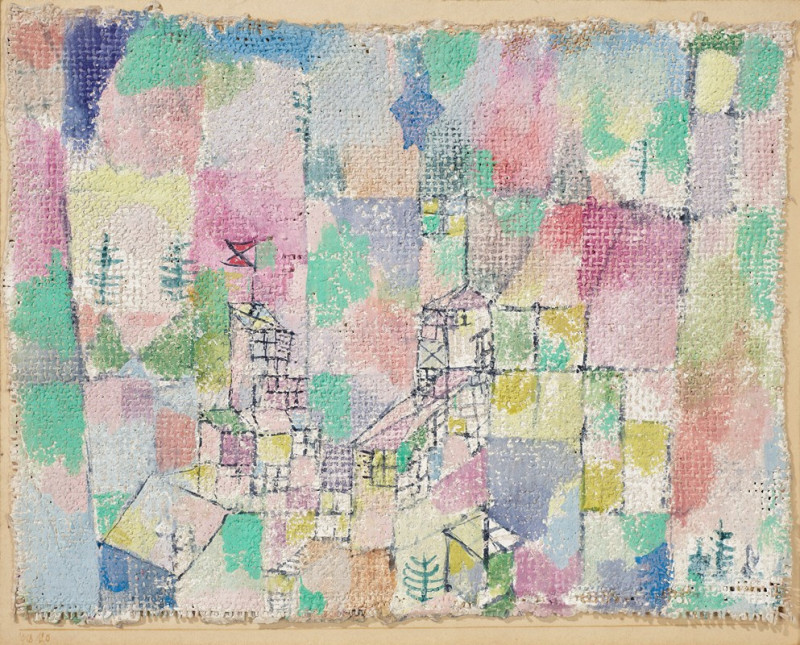A Christmas call (1904)
Technique: Giclée quality print
Recommended by our customers
More about this artwork
"A Christmas Call" by Udo Keppler (1904) is a vividly colored painting that emanates a deep and resonant message. The image captures a poignant moment between two contrasting figures—a troubled, burly warrior associated with the chaos of war, and a serene angelic figure, symbolizing peace. The warrior, with a map labeled "Manchuria" in front of him, represents the earthly entanglements and conflicts of humankind, specifically referencing the historical context of the Russo-Japanese War during which this artwork was created.In stark contrast, the angel stands radiant and calm, holding an olive branch, an enduring symbol of peace. She carries a placard that reads "Peace on Earth Good-Will to Men," words that resonate with the spirit of Christmas and a longing for global harmony and goodwill.This striking juxtaposition in "A Christmas Call" presents a powerful reflection on the dichotomy between human conflict and the universal aspiration for peace.
Delivery
Returns
Udo J. Keppler, since 1894. known as Joseph Keppler, Jr., was an American political cartoonist, publisher, and Native American advocate. The son of cartoonist Joseph Keppler (1838–1894), who founded Puck magazine, the younger Keppler also contributed to cartoons, and after his father's death became co-owner of the magazine under the name Joseph Keppler. He was also a collector of Native American artifacts.

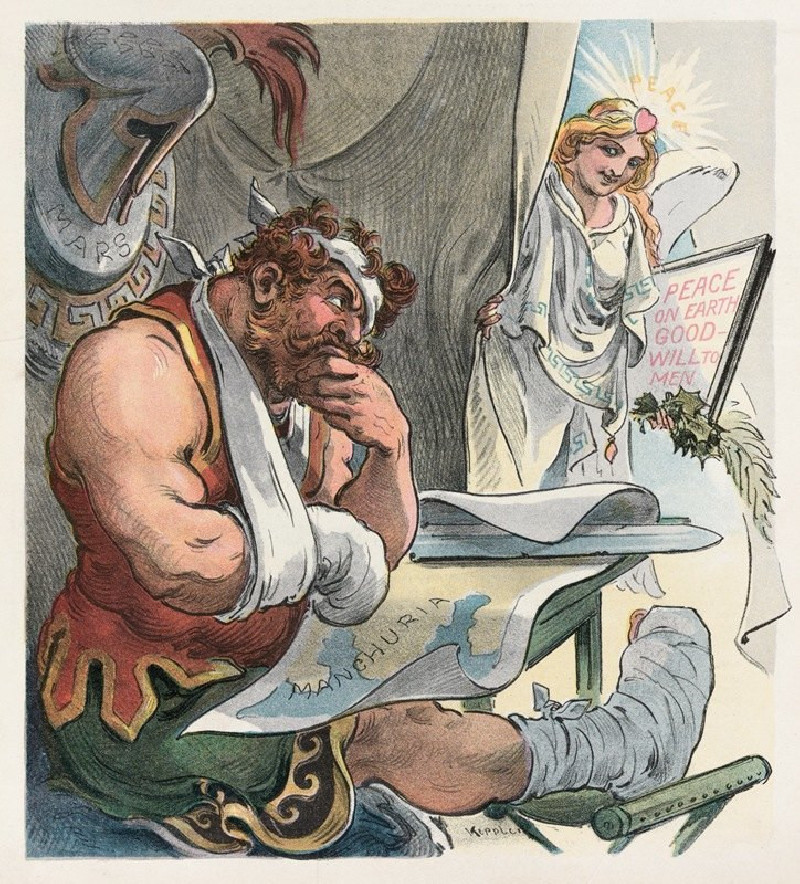
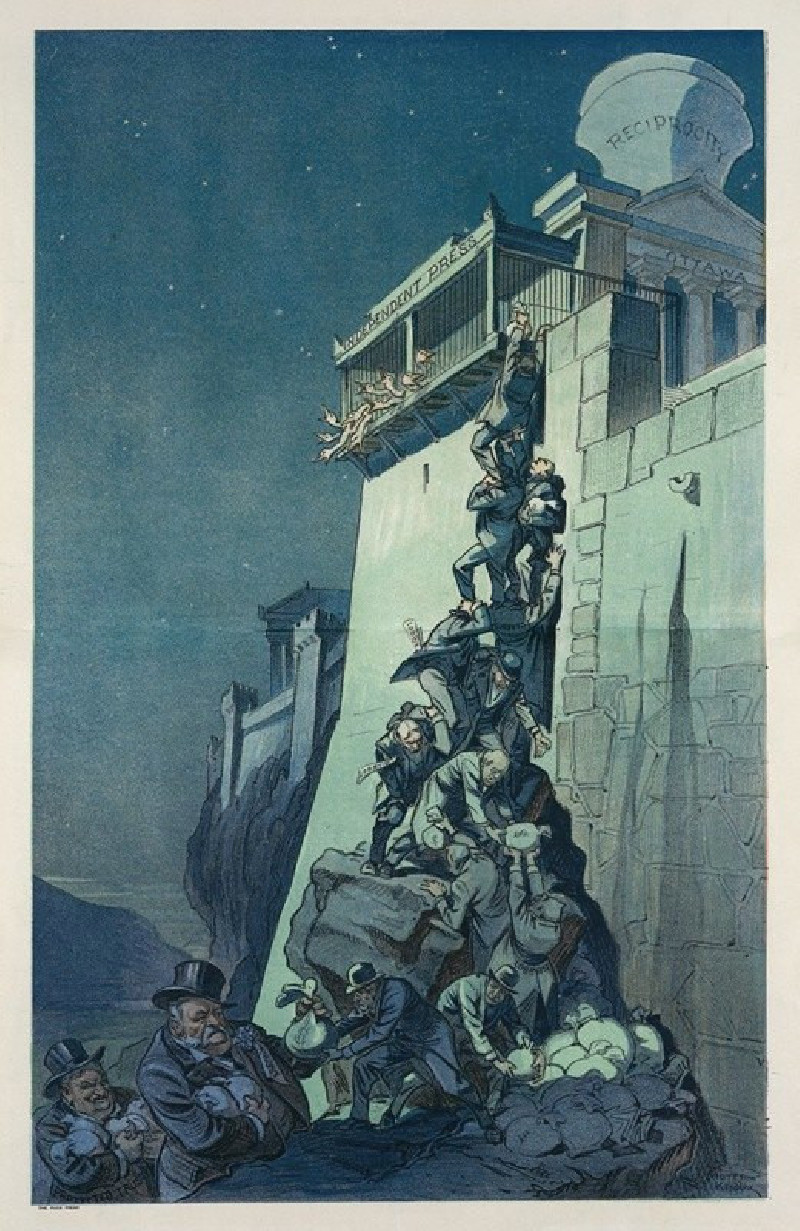

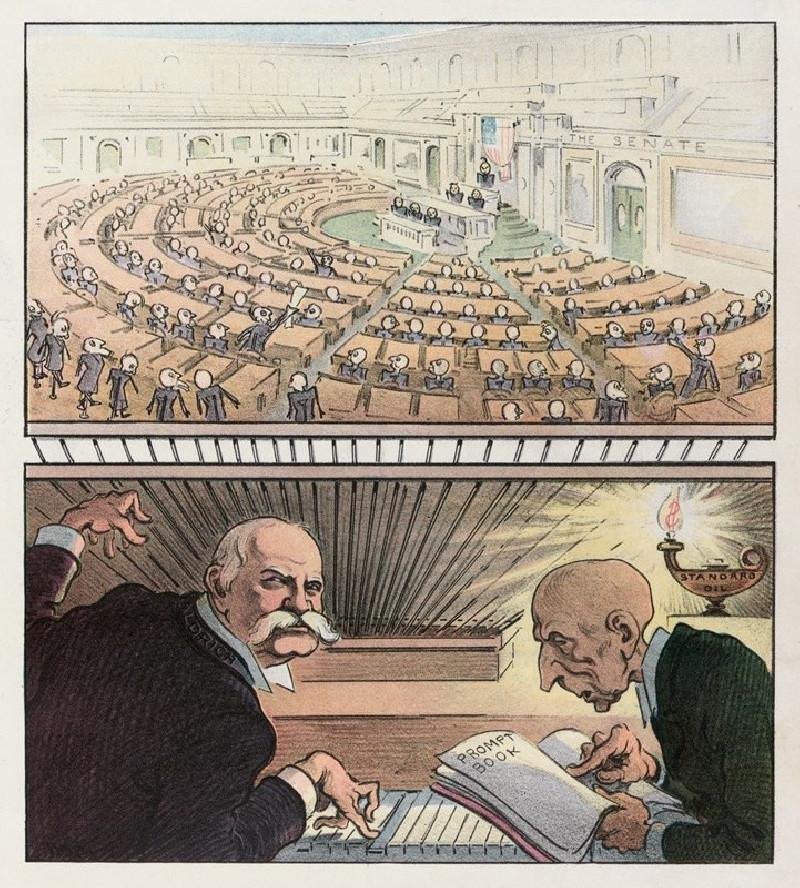
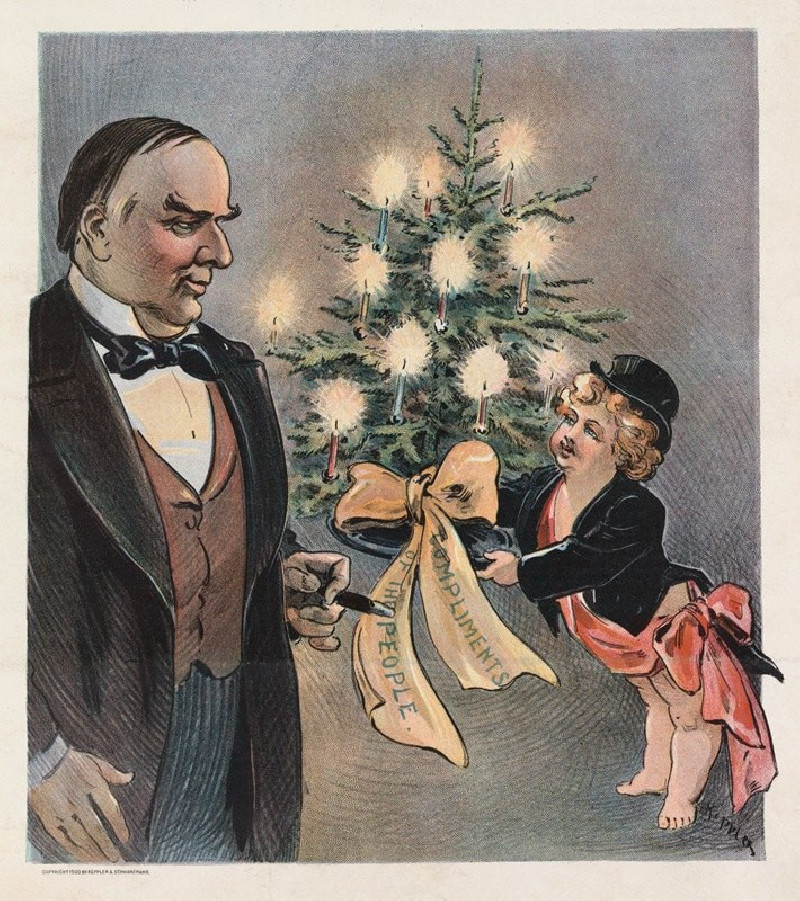

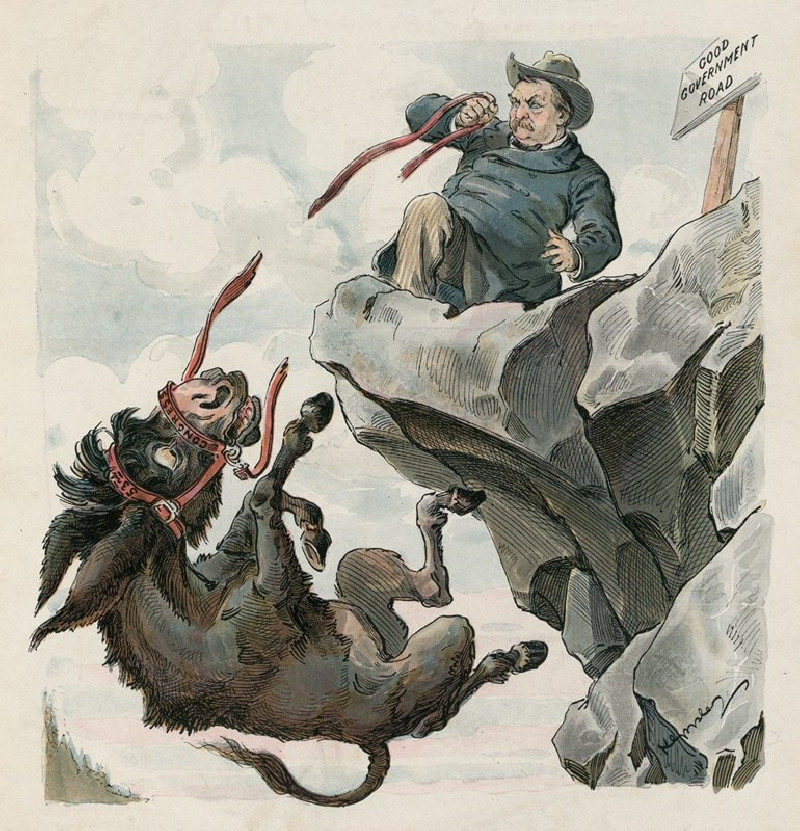

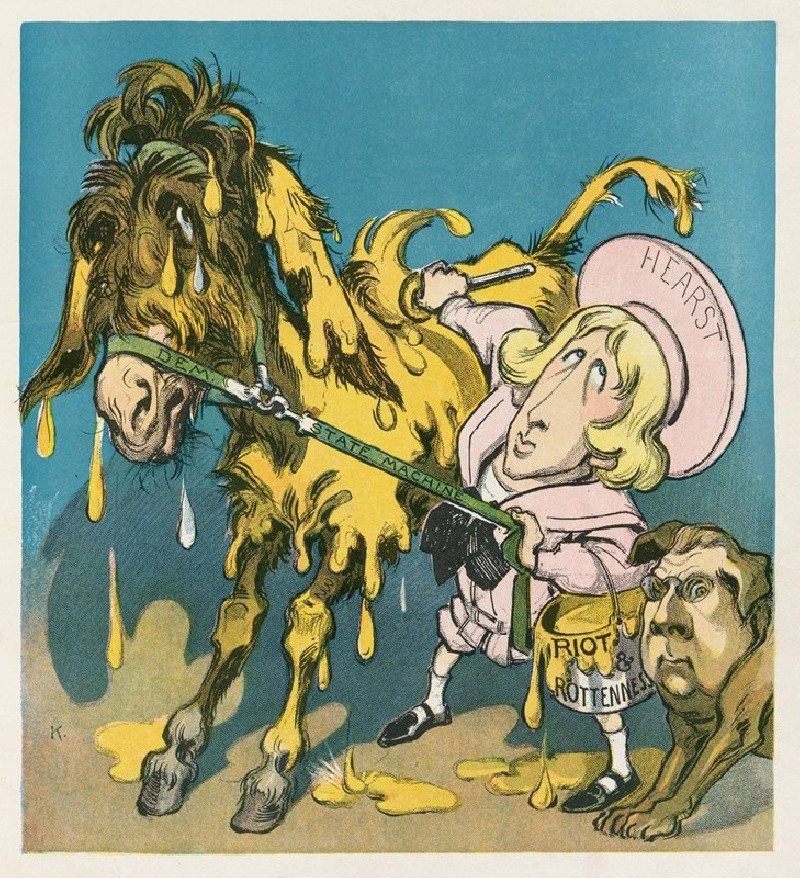
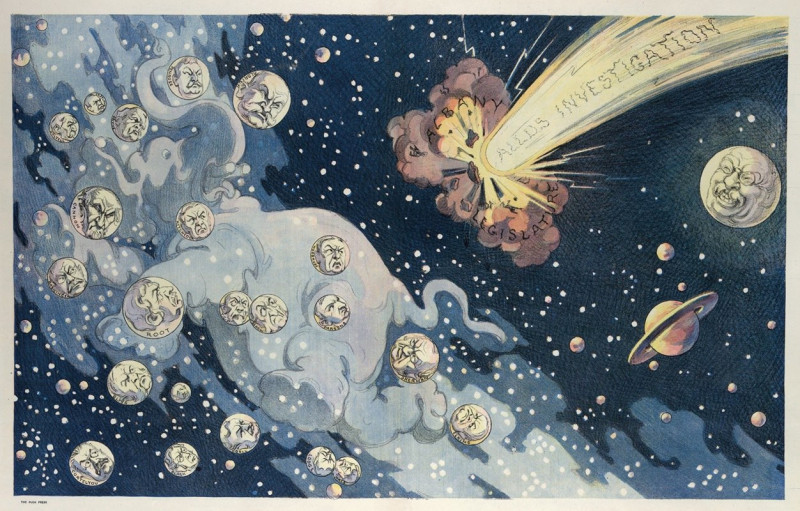
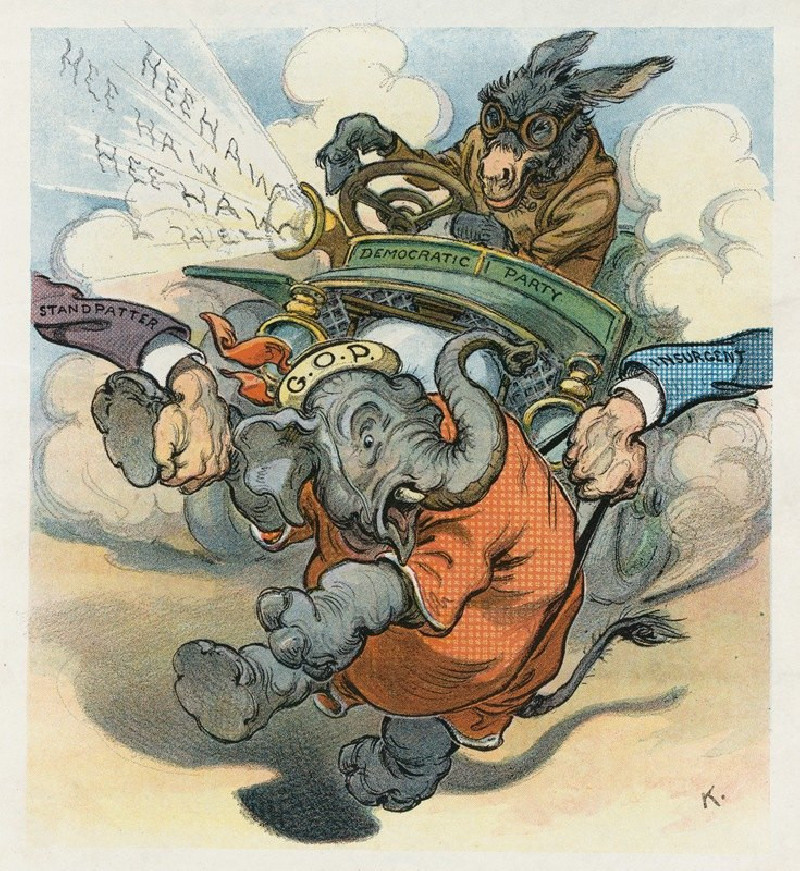
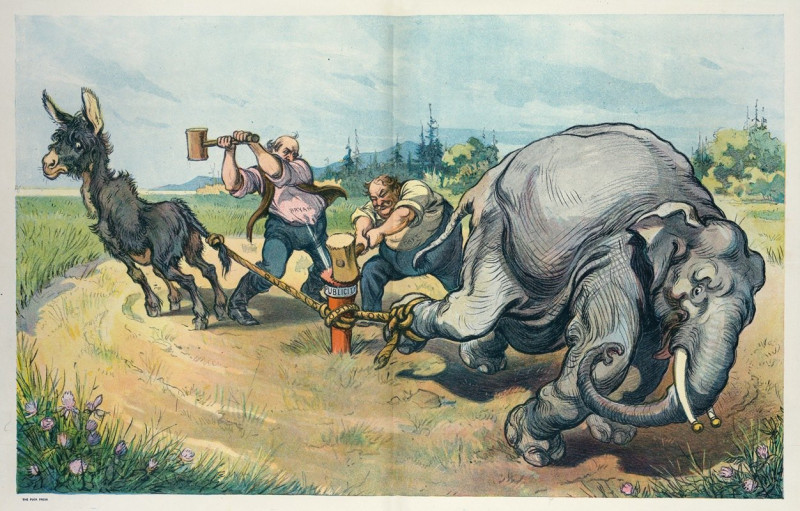
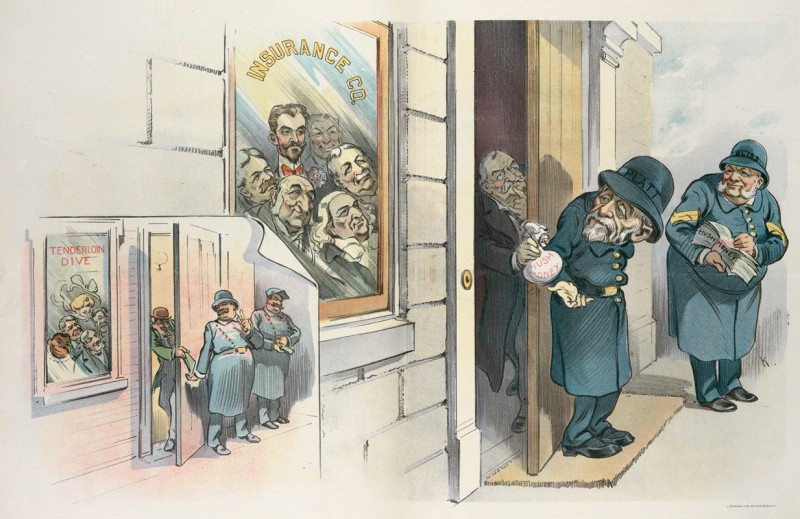

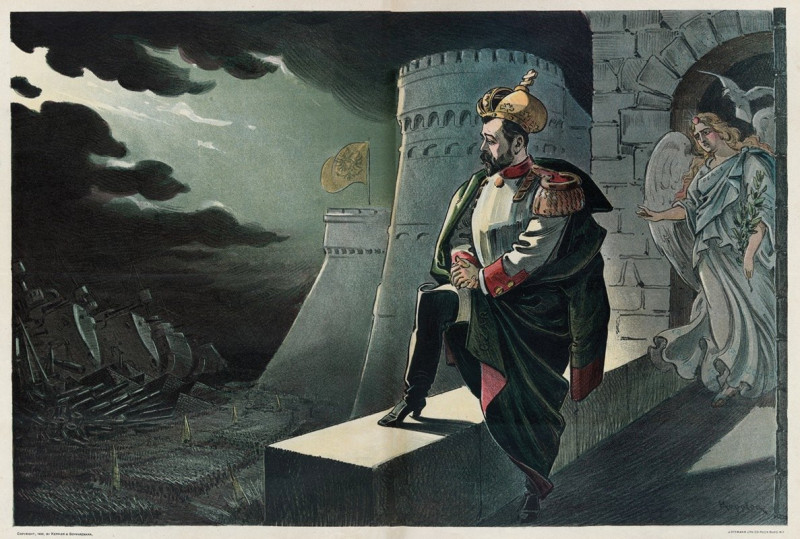

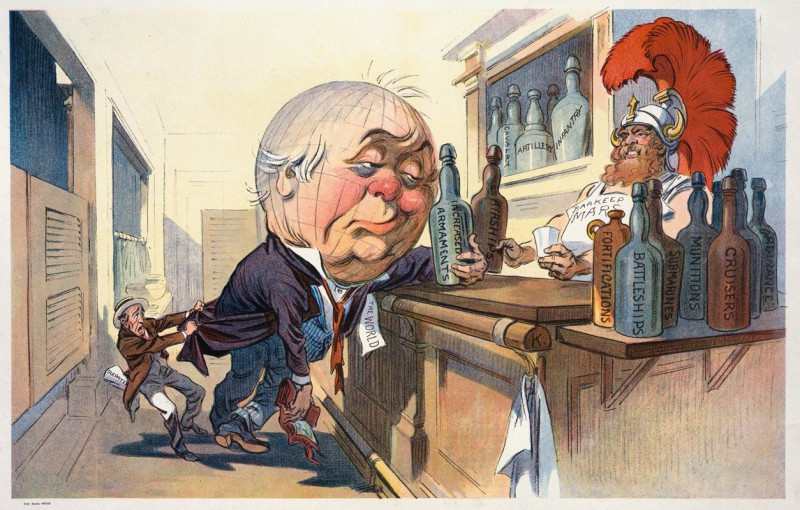
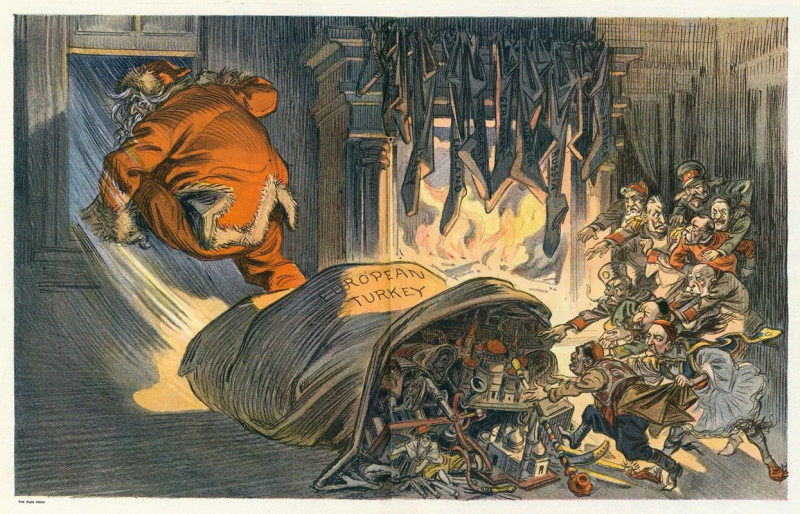
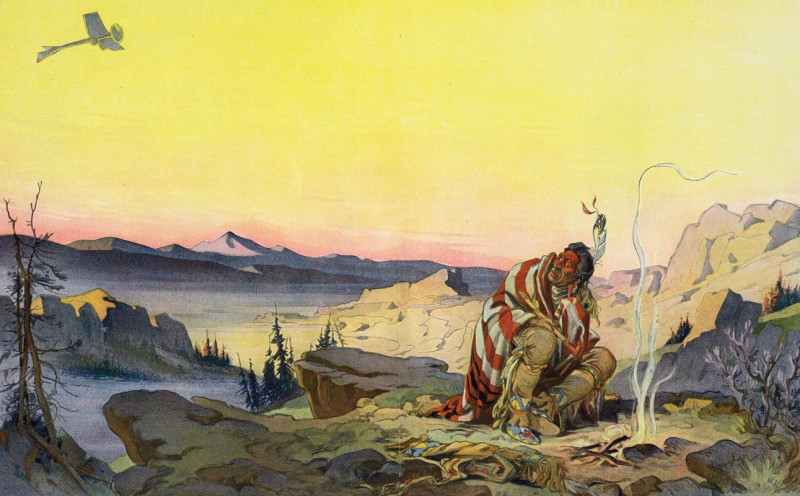
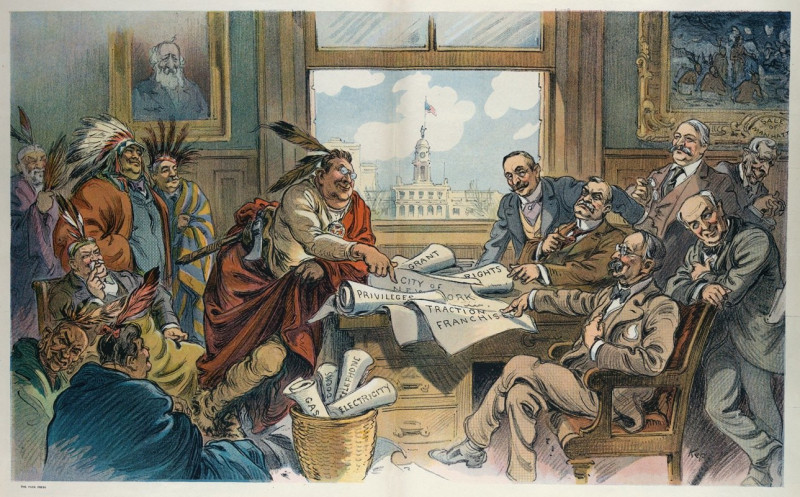



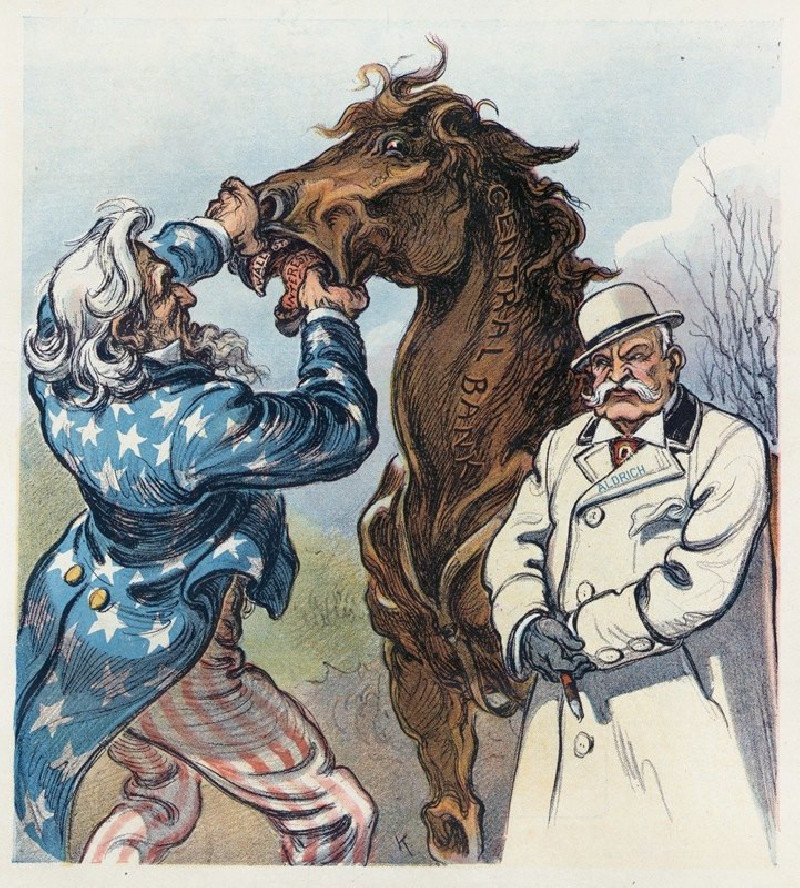
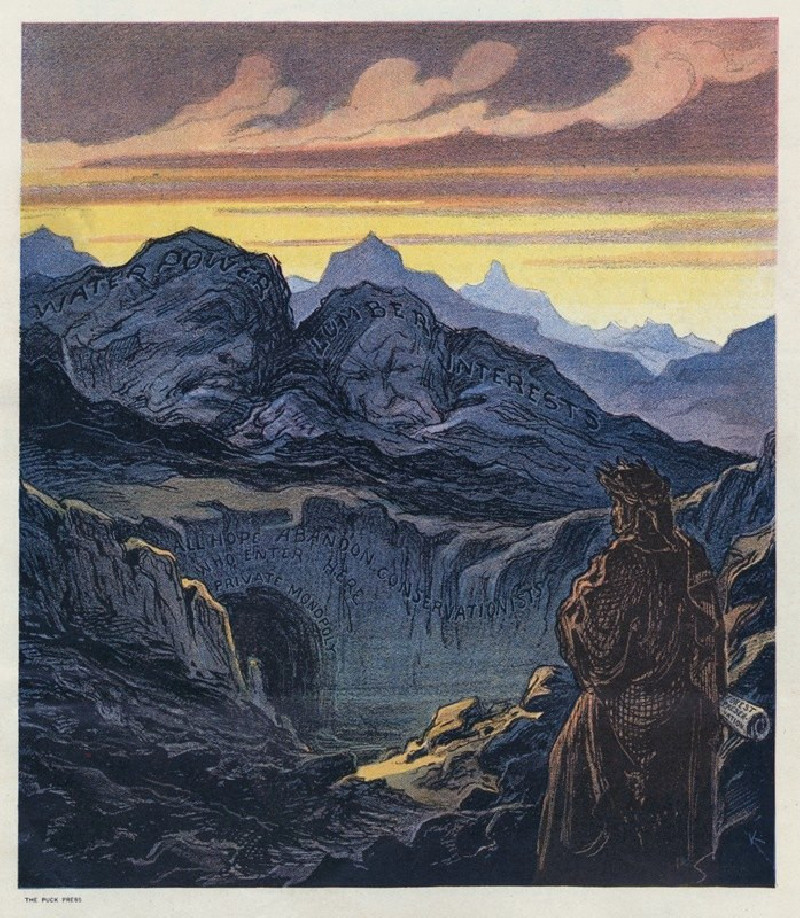
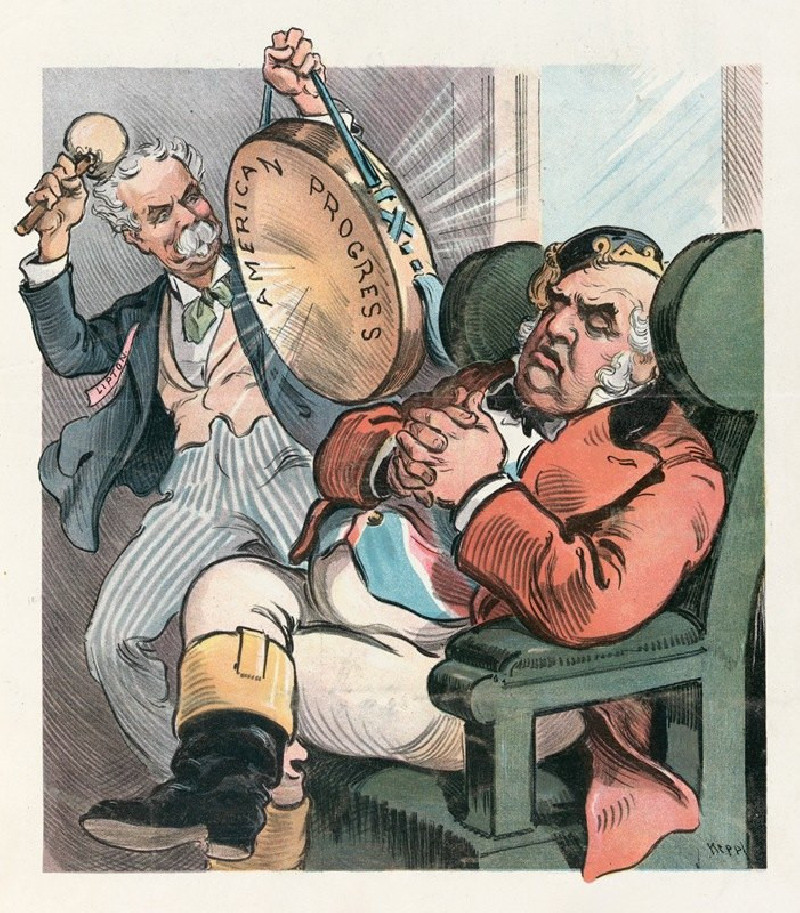
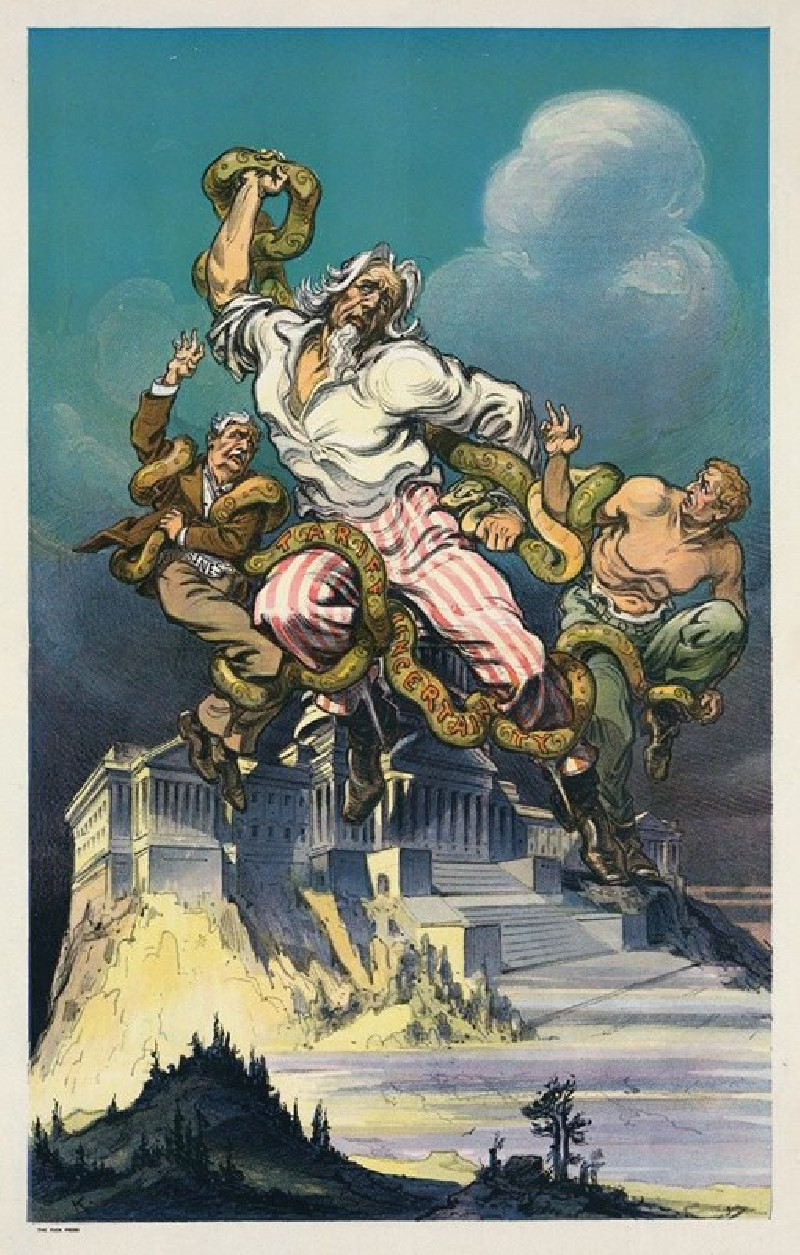


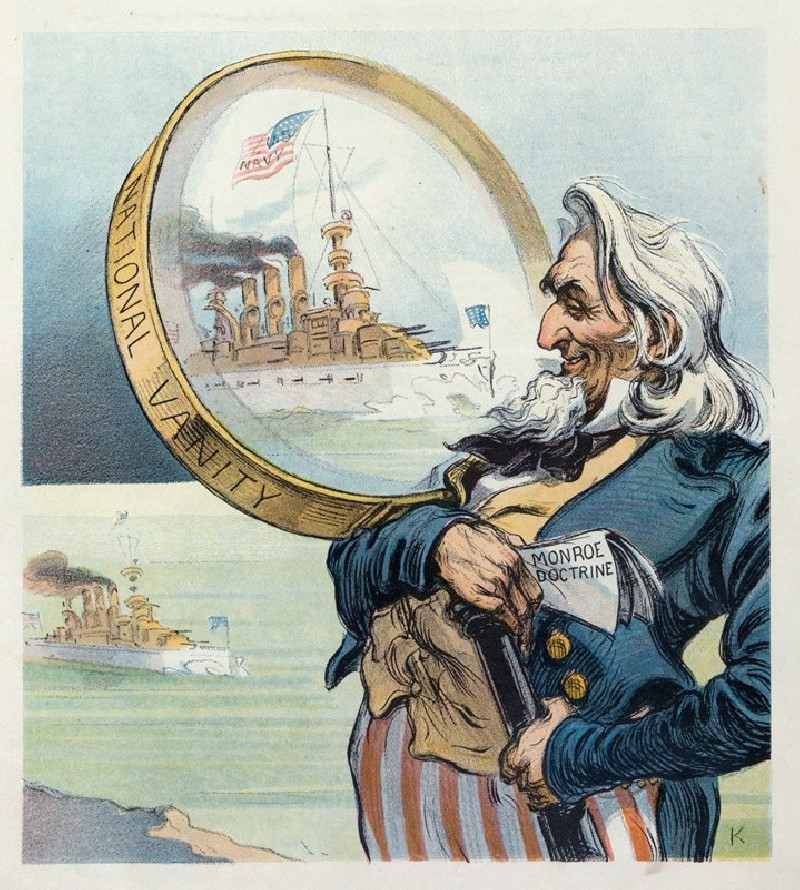
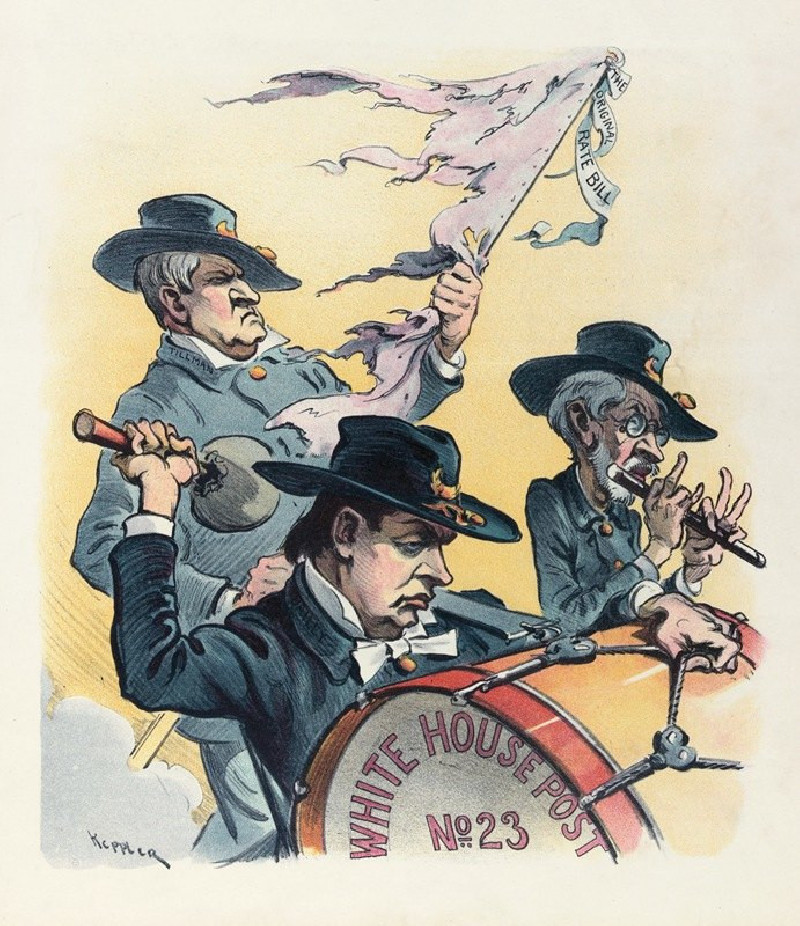
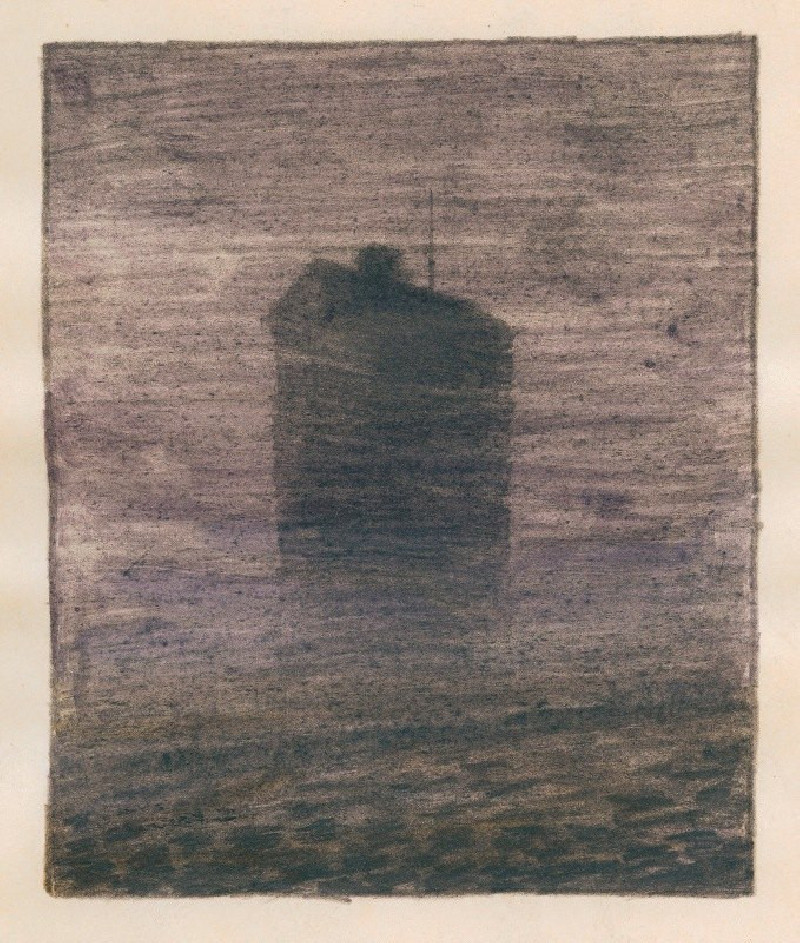
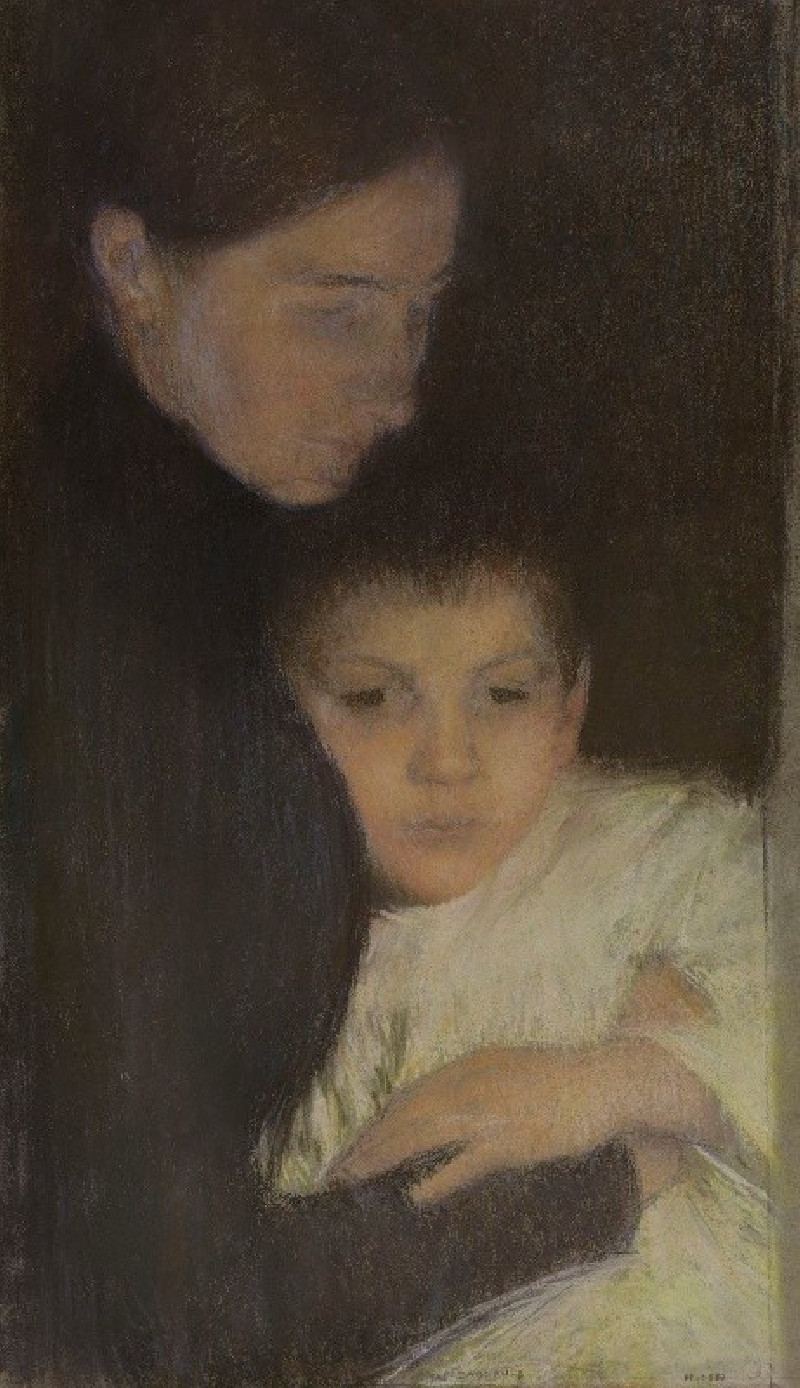

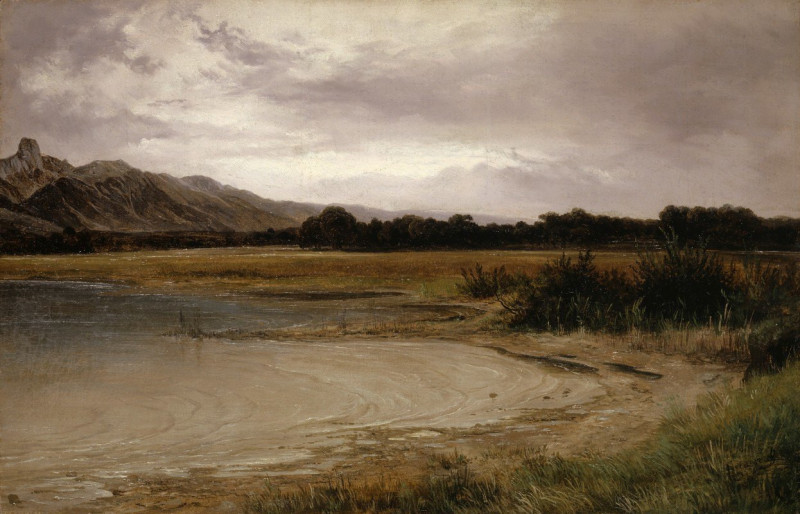
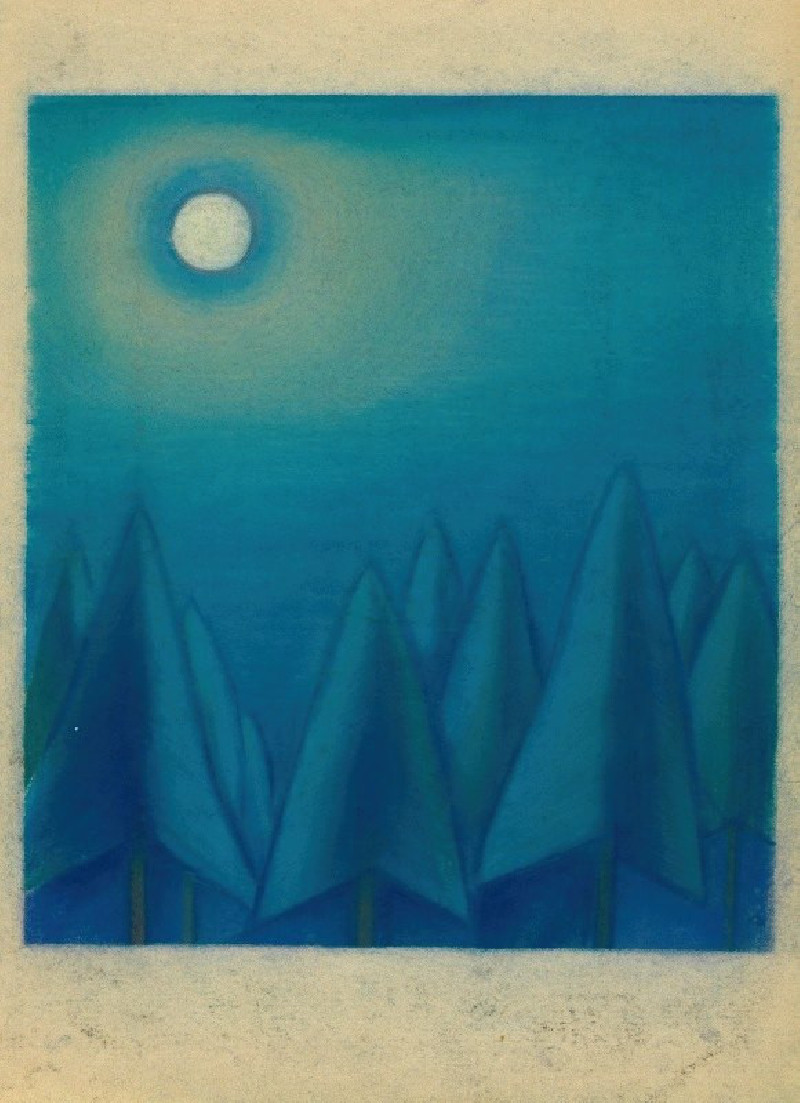
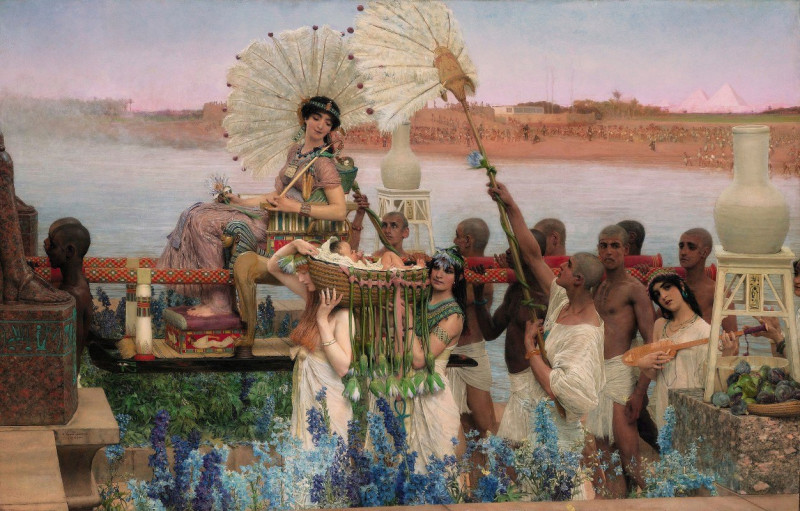
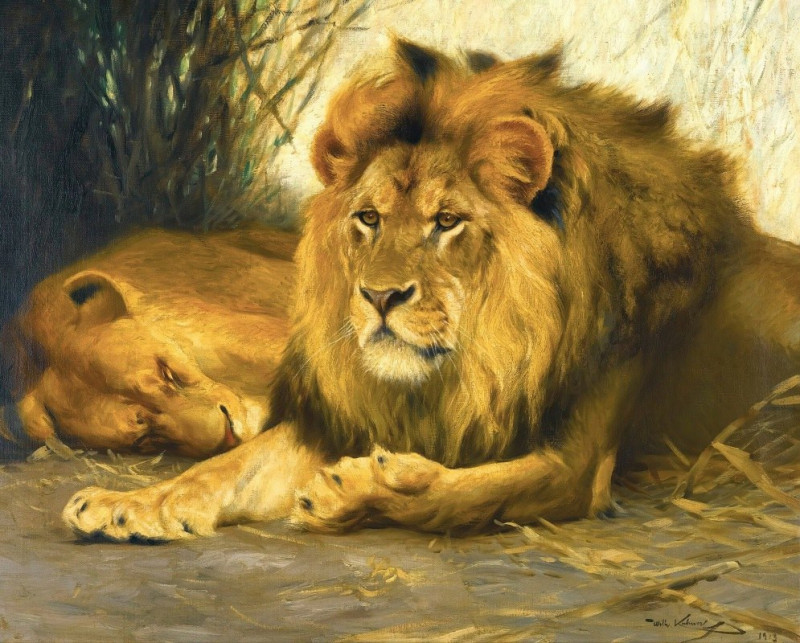
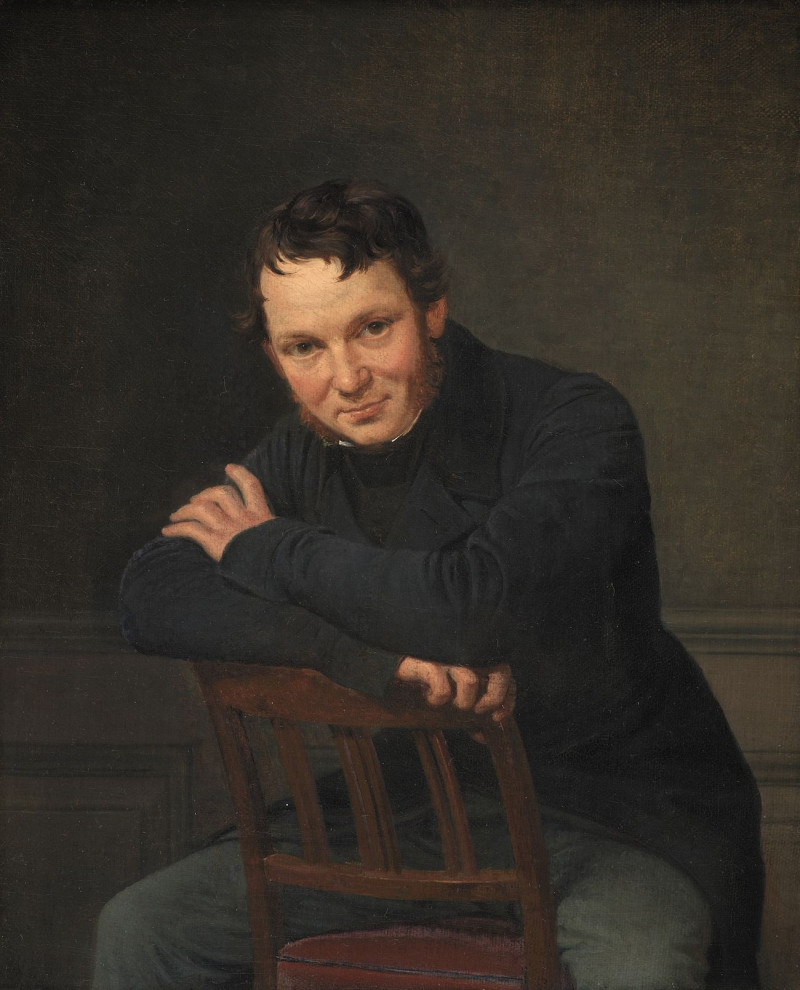
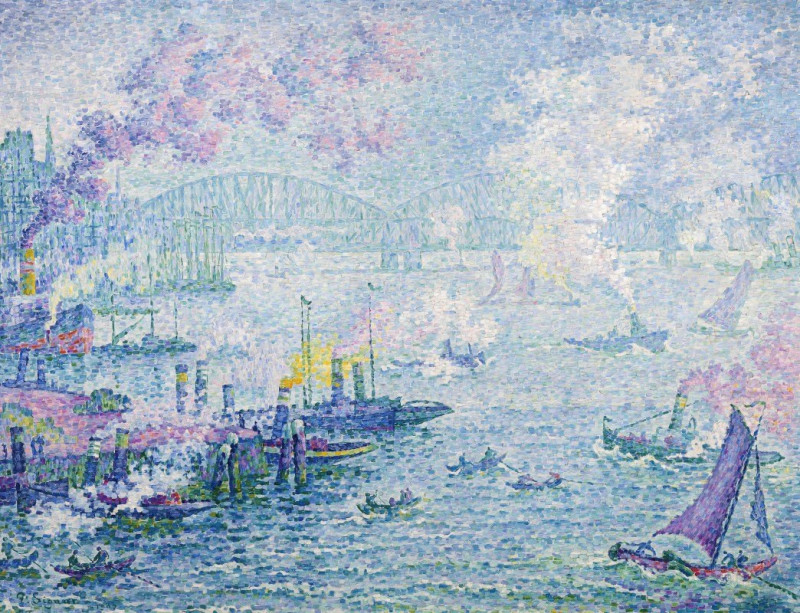
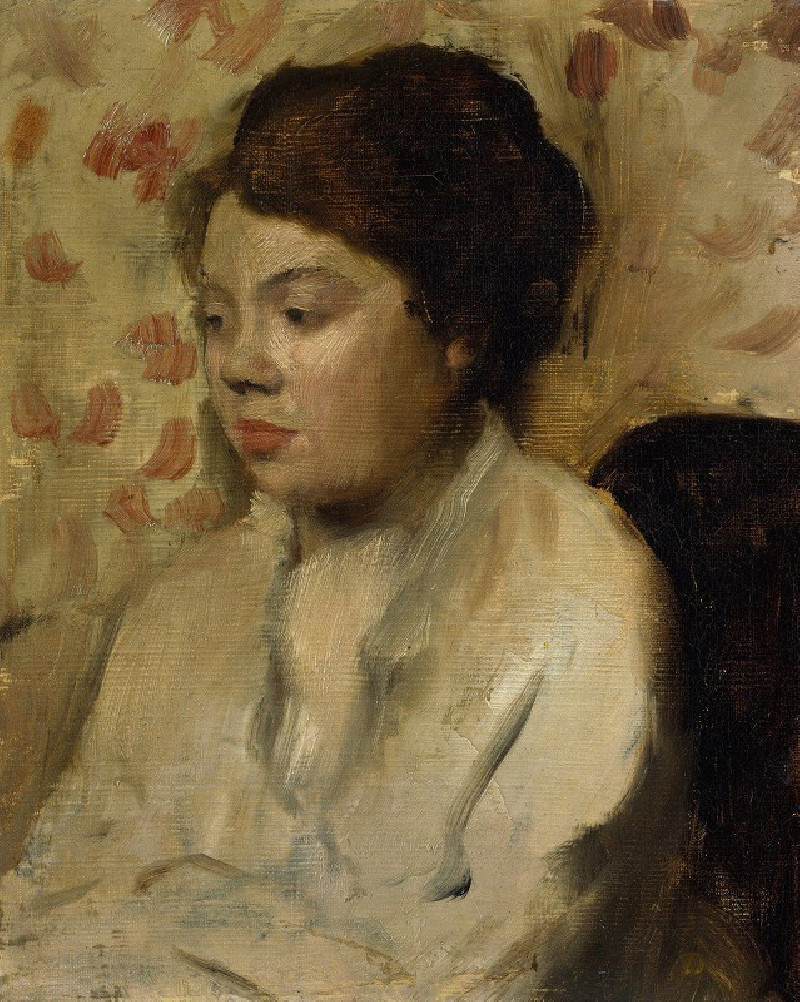
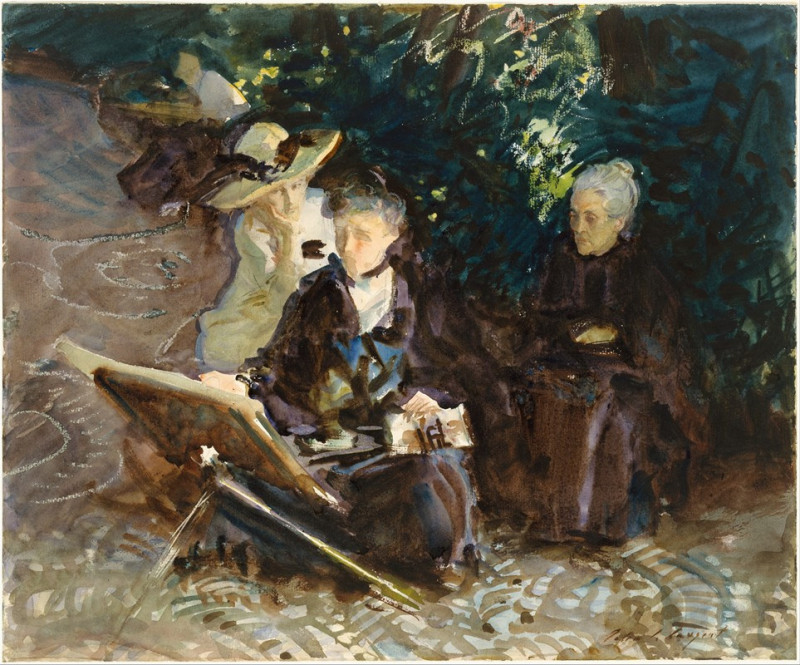
![Gate of Victory [Bab an-Nasr], and Mosque of El Hakim. (1846-1849) reproduction of painting by David Roberts. ALL GICLEE PRINTS](https://reprodukcijos.lt/39241-large_default/reproduction-of-gate-of-victory-bab-an-nasr-and-mosque-of-el-hakim-1846-1849.jpg)
